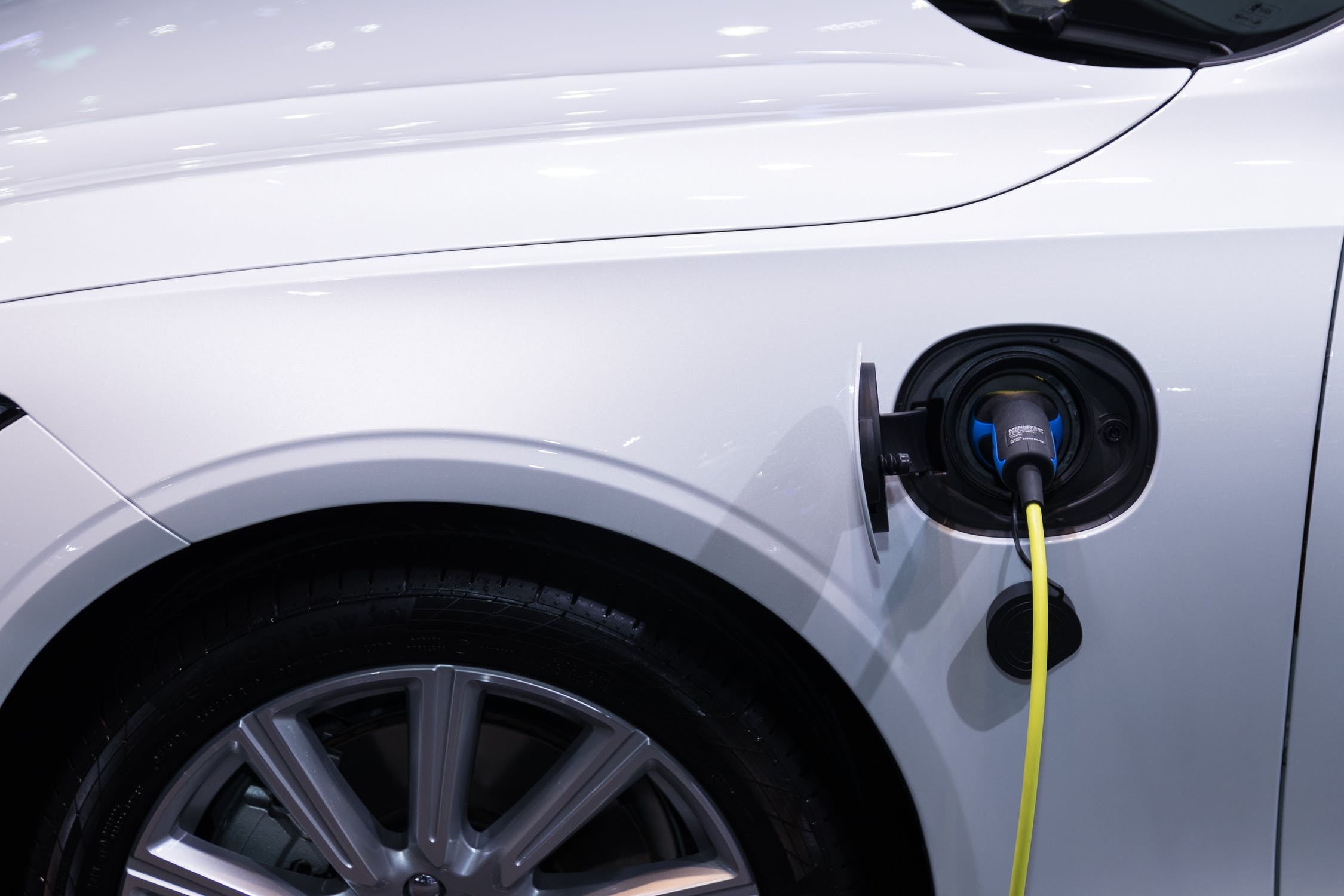For the baby boomer and Gen X generations, heading to the dealership to look for a car or truck presented two options — gasoline or diesel.
Diesel was preferred for work vehicles or towing, and most everyone drove a gasoline-powered auto. Today, there are quite a few more choices, from fully electric cars to plug-in hybrids and everything in between. How do these different types of automobiles work?
How It Works: Gasoline Engines
Gasoline engines were first patented in 1867 when a German engineer named Nikolaus August Otto patented the world’s first four-stroke engine. The design has come a long way since those first devices puttered about, but the principles are still the same. Both modern and antique gasoline engines run on the principles of internal combustion. A mixture of gasoline and air gets injected into a contained cylinder. A piston, connected to a central crankshaft, rises and compresses it.
Once compressed, a spark ignites the mix and the resulting explosion pushes the piston down. That motion gets transferred to the crankshaft, and then to the rest of the drivetrain. Each spark plug fires once every two revolutions of the crankshaft, so if the motor is running at 2,000 rpm, each spark plug fires 1,000 times per minute. On a four-cylinder engine, that’s 4,000 contained explosions every minute that the crankshaft then translates into usable power.
How It Works: Diesel Engines
The operation of diesel engines is very similar to those powered by gasoline. They still rely on contained explosions within cylinders pushing pistons to generate power. The biggest difference between the two, other than the fuel source, is the fact that diesel engines don’t have a spark plug in their cylinders. Diesel fuel has a higher energy density than gasoline, containing roughly 15% more power by volume.
As such, it doesn’t need a spark to ignite. When compressed, diesel fuel self-ignites. It is still technically an internal combustion engine, but it doesn’t rely on spark plugs to find that source of ignition. Other than those two major differences, gasoline and diesel engines are very similar in their operation.
How It Works: Hybrids and Plug-in Hybrids
Next, we have the industry’s first foray into adding battery power to modern vehicles — the hybrid. Conventional hybrids have an internal combustion engine as well as a battery that supplements the drivetrain, improving fuel efficiency and helping drivers get the most bang for their buck at the gas pump. Traditional hybrid cars use the gasoline engine to keep the battery pack charged — similar to how the alternator in a gasoline engine provides a charge — and see most of their fuel economy benefits in stop-and-go city driving.
On the other hand, plug-in hybrids have a battery pack that owners can recharge using external power. In addition to improving fuel economy, these vehicles can be driven on battery power alone for short distances. It’s not far — usually less than 25 miles. However, for individuals running errands or commuting short distances to work, it’s often more than enough, allowing them to travel without using any fuel.
How It Works: Electric Vehicles
Electric vehicle advantages include leaving the internal combustion engine behind in favour of new technologies. Electric vehicles don’t have a motor at all, at least not as the typical driver would recognize it. These cars get their energy from massive battery packs that power one or more electric motors. The number of engines is only limited by engineering constraints — some high power models may have two or more for each wheel. Each motor contributes to the car’s overall horsepower rating.
Each motor relies on the car's central processing unit for orders. They must work in sync with the rest, or the car won’t drive well. The computer can control the motors directly or indirectly through the use of actuators. Most modern electric vehicles rely on electric actuators, but pneumatic ones — those powered by pressurized fluid or gas — are often more responsive, making them a better choice from an engineering standpoint. In the next decade, drivers will likely also see a rise in self-driving cars, and it’s estimated that the majority of these will also be electric.
Electric vs. Gasoline Engines
Drivers today have a lot more options than their parents did when it comes to shopping for a car. From the more traditional gasoline and diesel up to fully electric vehicles that never need to visit the gas station, there are options available for everyone’s needs and budget. Those looking for a cost-effective solution may want to opt for a gasoline-powered engine, while those more concerned about their impact on the environment may choose an electric car.
Electric vehicles were an engineer's dream a decade ago. Who knows what options will be available 10 years from now?



Leave your comments
Post comment as a guest